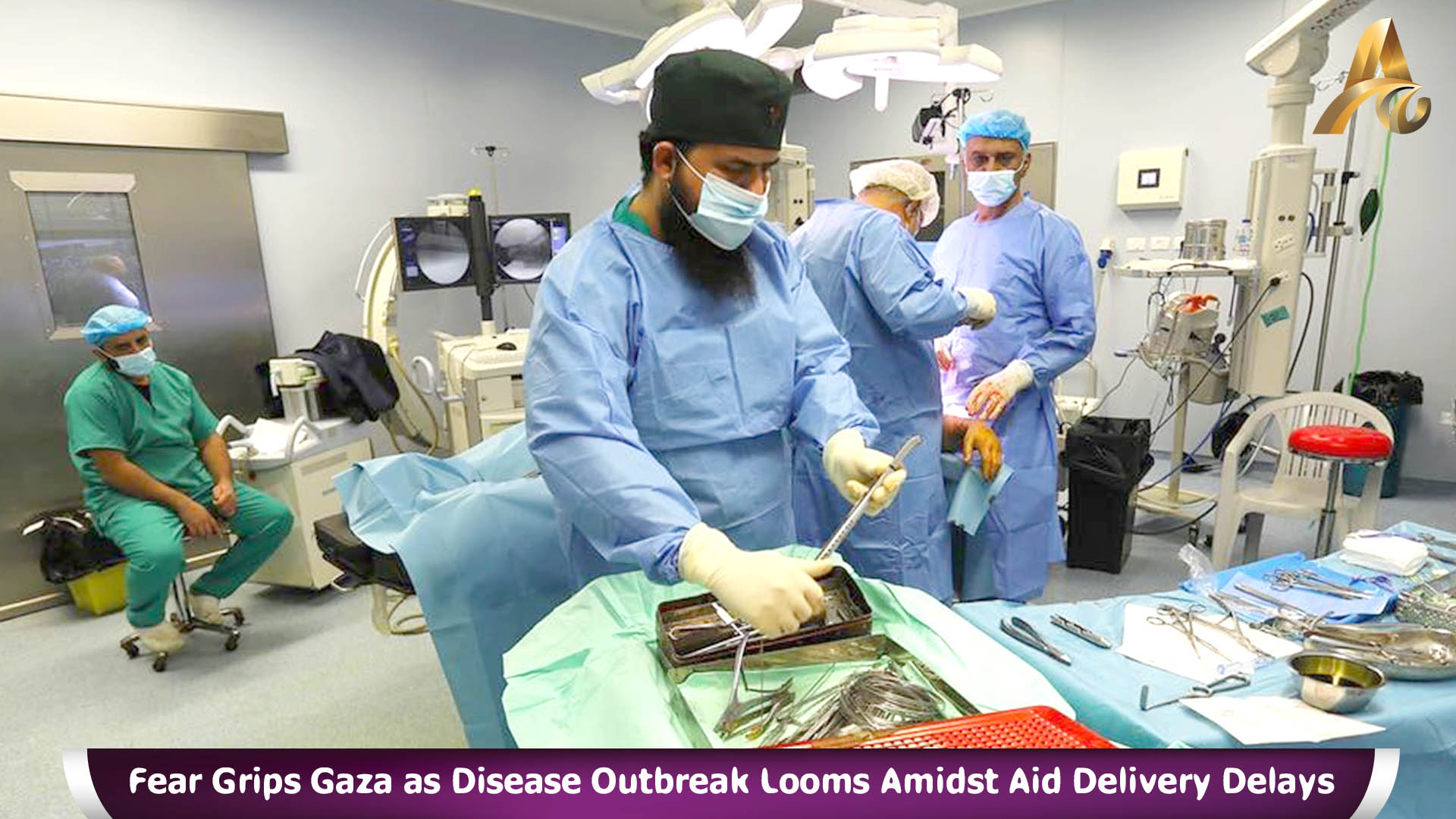UN: As the ceasefire in Gaza extends into its fifth day, UN humanitarian officials are sounding the alarm, emphasizing the critical need for increased aid deliveries. The current pause in fighting presents an opportunity to address urgent issues and prevent a potential deadly disease outbreak that has left medical professionals deeply concerned.
Top priorities include the swift transportation of fuel to the north of the war-torn enclave, aiming to power hospitals, provide clean water, and maintain essential civilian infrastructure. These services have been severely impacted by weeks of Israeli bombardment in response to previous hostilities initiated by Hamas on October 7, resulting in significant casualties and hostages.
Gazan health authorities report that over 15,000 people, mostly women and children, have lost their lives in the ongoing attacks. UNICEF spokesperson James Elder highlighted the immediate threats faced by children, not only from the air but now also on the ground, with increased risks of diarrhoea and respiratory infections.
The dire situation is exacerbated by delays in delivering aid, as negotiations for the release of more hostages continue. Mr. Elder expressed dismay at witnessing many youngsters fighting for their lives in makeshift conditions, emphasizing the challenging decisions doctors face in prioritizing care.
UN agencies, including the World Health Organization (WHO), underscore the urgency of addressing health needs in Gaza. WHO spokesperson Dr. Margaret Harris emphasized the dire situation, pointing to starvation, lack of clean water, and overcrowded living conditions, making it difficult for those in need to access essential medical assistance.
While relief supplies are being expedited in some areas, the United Nations World Food Programme (WFP) highlighted the catastrophic conditions, noting that current supplies are inadequate to address the hunger and suffering witnessed in UN shelters and communities.
WFP's Director for the Middle East, North Africa, and Eastern Europe Region, Corinne Fleischer, expressed deep concern about the risk of famine and starvation, calling for sustained efforts to bring in food at scale and distribute it safely. The six-day ceasefire, while providing a brief respite, is deemed insufficient to meet the ongoing and pressing humanitarian needs. The WFP emphasizes the necessity of continuous and unimpeded humanitarian access to address the immediate crisis and work towards longer-term stability in Gaza.
























